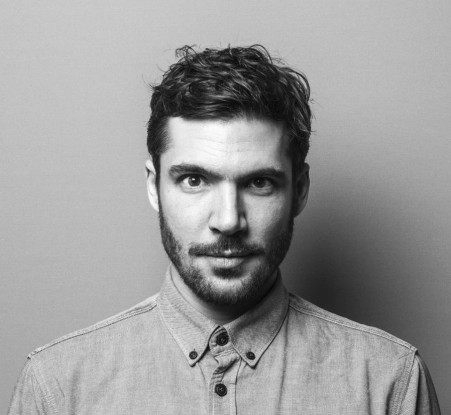Dipl.-Ing. (MA) Bastian Wibranek
Bastian Wibranek joined the Digital Design Unit at the Faculty of Architecture at TU Darmstadt in 2015, where he is currently a PhD candidate and a research assistant, teaching in the area of computational design and robotic fabrication. Bastian’s research focuses on how we will share our future buildings with intelligent machines. He proposes that the practise of architecture must define modes of co-existence and man-machine collaborations for design and production. This requires architects to bridge research fields such as machine learning, machine perception and task-shaping for architectural purposes. His latest passion is a collaboration with computer scientists to implement machine learning and sensing for robots in architectural production.
His professional experience includes working on architectural projects for 2BXL, OSD and Schneider + Schumacher. He has collaborated on exhibition design and large-scale sculptures with internationally renowned artists Tobias Rehberger and Thomas Bayrle. He taught computer-based architectural design and robotic fabrication techniques at the ITE at TU Braunschweig (2012 - 2015) and tutored digital tooling at the Städelschule Architecture Class. He holds a Diploma in Architecture from the University of Applied Sciences and Arts Dortmund and a Master in Advanced Architectural Design from the Städelschule, Frankfurt am Main.

